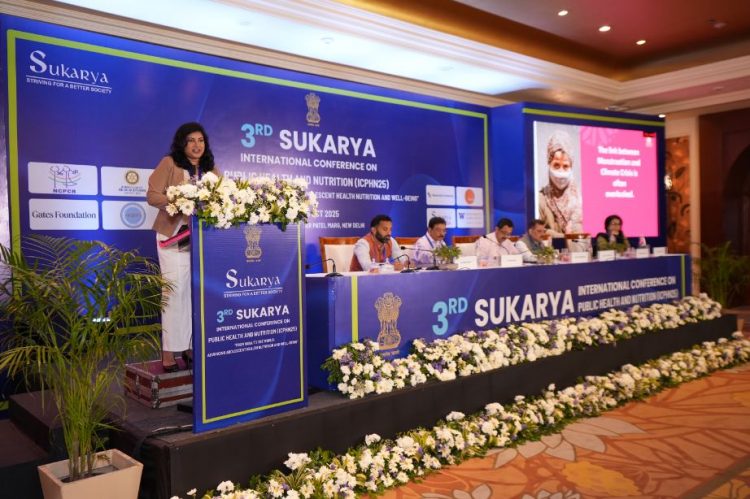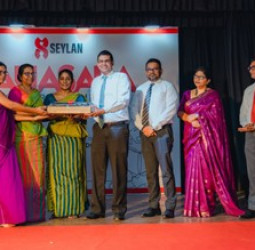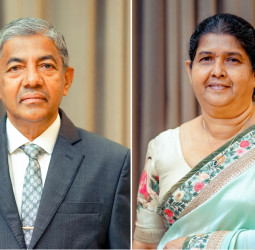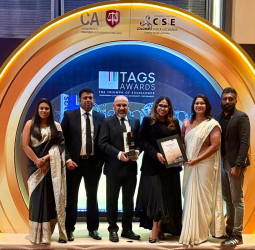Sri Lanka’s effective fight against period poverty was spotlighted on a global stage by the Selyn Foundation at the 3rd International Conference on Public Health and Nutrition (ICPHN 2025) held last week in India.
The Selyn Foundation was the only Sri Lankan representation to be invited to speak at this international event, amongst an illustrious line-up of 30 speakers consisting of leading experts and thought leaders from around the world. The conference theme was “From India to the World: Advancing Adolescent Health, Nutrition, and Well-being”, resonating deeply within the global public health community and setting the stage for timely and transformative conversations.
Speaking at the event on the 14th of October, Programme Director of Selyn Foundation’s #BleedGood Initiative, Shanuki de Alwis, presented a compelling evidence-based case to a highly engaged and appreciative audience, about the Foundation’s ongoing work in Sri Lanka under the #BleedGood Initiative, facilitating climate-conscious menstrual justice, which has seen significant and sustainable positive impact in the lives of communities, both urban and rural, in a short span of time.
Titled ’Adolescents, Access & Awakenings: Countering period poverty the climate-conscious way’, Shanuki introduced the event’s global audience of policymakers, researchers, health professionals, development practitioners and youth advocates from around the world to the results of the Selyn Foundation’s unique multi-stakeholder approach to improving adolescent menstrual health and hygiene through a comprehensive programme that provides sustainable solutions of Femme-Care reusable menstrual products combined with vital education and awareness by expert facilitators to adolescents. The presentation highlighted evidence, experiences, and innovations from Sri Lanka’s context, while also linking insights to the global dialogue on adolescent health and nutrition.
Shanuki illustrated how climate-friendly menstrual products, reusable pads, menstrual cups, and other low-waste options offer a unique intersectional opportunity; reducing environmental harm, lowering long-term costs, and improving menstrual health and psychosocial outcomes for adolescents. Evidence from global peer-reviewed research and systematic reviews was also showcased, indicating that reusable menstrual products can be as safe and effective as disposables, reduce leakage and related anxiety, and, when accompanied by appropriate education and enabling infrastructure, improve school attendance and wellbeing among adolescent girls. She explained how life-cycle analyses demonstrate that reusable options and cups generally have substantially lower environmental footprints per user-year than single-use pads and tampons, particularly when usage is responsibly managed.
Importantly, fostering climate-conscious behaviour among adolescents (through education, framing, and practical alternatives) encourages health-promoting practices and pro-social norms. The presentation highlighted randomised and observational studies on environmental education and pro-environmental action in adolescents that show measurable increases in eco-friendly behaviours and associated improvements in social wellbeing, providing a theoretical and empirical pathway by which climate-conscious menstrual programming can contribute to healthier communities.




 A.R.B.J Rajapaksha
A.R.B.J Rajapaksha



